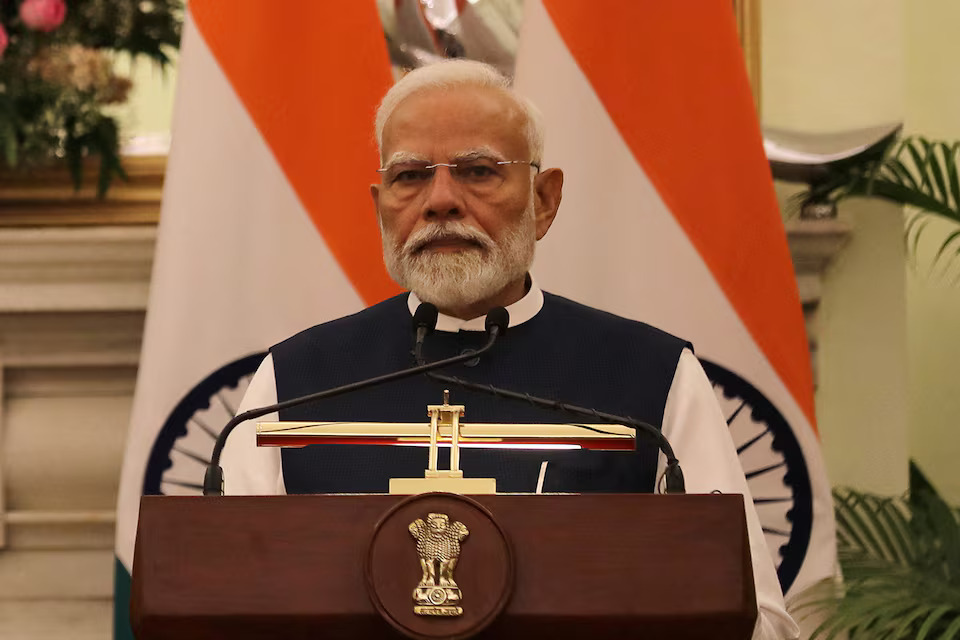
Indian Prime Minister Narendra Modi on Thursday firmly defended the interests of Indian farmers, fishers, and the dairy sector, declaring he would not compromise their welfare “even if I have to pay a heavy price,” in his first remarks following a sharp escalation in trade tensions with the United States.
His comments come a day after U.S. President Donald Trump imposed an additional 25% tariff on Indian goods, bringing the total levy to 50%, one of the highest imposed on any U.S. trading partner. The tariff hike, effective from August 28, is aimed at penalizing India for its continued purchase of Russian oil.
“For us, our farmers’ welfare is supreme,” Modi said during an event in New Delhi. “India will never compromise on the wellbeing of its farmers, dairy sector and fishermen.”
Though Modi avoided directly naming the U.S. or referencing the stalled trade negotiations, his statement is seen as a clear response to the tariffs, which have triggered the most significant diplomatic rift between Washington and New Delhi in recent years.
India’s foreign ministry has condemned the decision as “extremely unfortunate” and vowed to take “all necessary steps to protect national interests.” Dammu Ravi, Secretary of Economic Relations, said the U.S. move “lacks logic” and described the fallout as a “temporary aberration.”
Trade talks between the two countries broke down after five rounds, mainly over U.S. demands that India open its agriculture and dairy markets and halt its energy dealings with Russia. Experts note that China, the largest buyer of Russian oil, has so far avoided similar penalties, likely due to its strategic control over rare earth minerals and critical commodities, leverage India does not possess.
India has begun exploring alternatives. Modi is preparing for his first visit to China in over seven years, signaling a possible recalibration of India’s foreign policy amid rising trade tensions with the U.S.
Meanwhile, Brazil’s President Luiz Inácio Lula da Silva said he plans to call Modi on Thursday and consult with other BRICS leaders, including China’s Xi Jinping and Russia’s Vladimir Putin, about mounting a collective response to Trump’s tariff policies.
“Like-minded countries will look for cooperation and economic engagement that will be mutually beneficial to all sides,” Ravi said, hinting at a growing push among emerging economies to forge deeper ties amid shifting geopolitical currents.
Written By Rodney Mbua